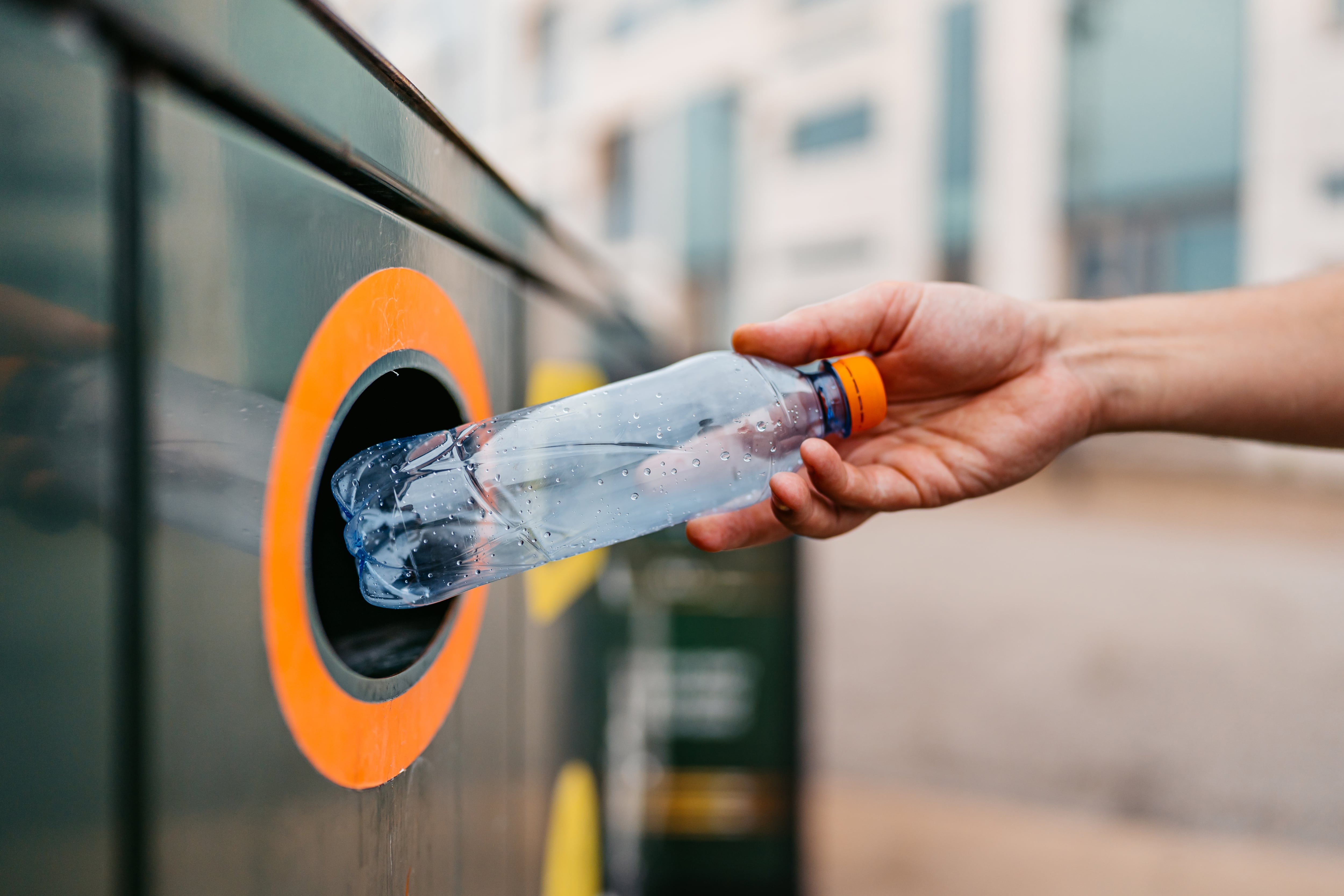The 12-week consultation will run until 10 November 2025 and will focus on designing a DRS that includes glass drink containers and prioritises reuse over traditional recycling methods.
The consultation will examines how glass inclusion can “tackle litter, improve on-the-go recycling infrastructure and create economic opportunities through reuse”. Anyone can submit to the consultation via email or post.
After leaving the UK-wide scheme, Wales has since committed to implementing its own scheme on the same timetable. The UK scheme is scheduled to come into effect in October 2027, but will not include glass.
Under a DRS, customers pay a refundable deposit for certain single-use drink containers to encourage recycling.
“In line with the Welsh Government’s circular economy strategy, this means moving ‘Beyond Recycling’, by transitioning to a circular economy,” the consultation document said.
“In doing so, the aim is to deliver a scheme that is in line with the World’s best, by drawing on proven international experience. This will ensure that the scheme not only delivers environmental benefits and supports the sector to reduce emissions, but also that industry can benefit from the reduction in materials needed and our communities can benefit from the reduction in litter from all container types.
“Your responses will therefore be important in helping to inform the next steps in the development of a DRS that delivers for Wales.”
In response to the launch of the consultation, Travis Way, managing director of EcoVend by Reconomy, said that it was pleasing to see the Welsh Government placing reuse at the core of its approach.
“Reuse is an effective way to cut plastic pollution, enhance circularity and reduce costs for producers,” Way commented.
“While Wales is aligned with the other UK nations on including metals and plastics in the scheme, the decision to press ahead with bringing single-use glass into scope has raised concerns among soft drinks companies and retailers. While the Welsh Government has stressed that there will be a carefully phased approach to avoid disruption by not requiring deposits or changes to labelling, it will be important that this is developed in close collaboration with the other nations to minimise operational challenges for retailers and producers and prevent any unnecessary consumer confusion.”





